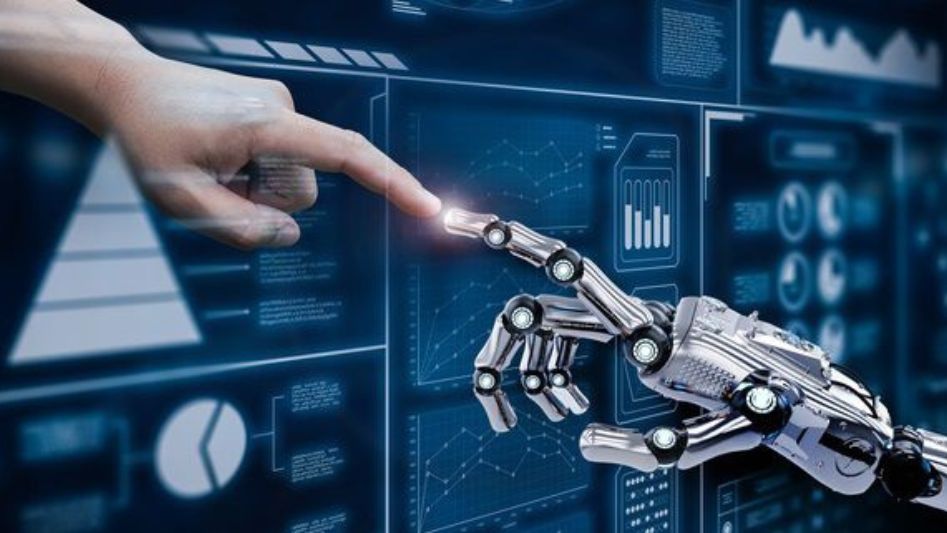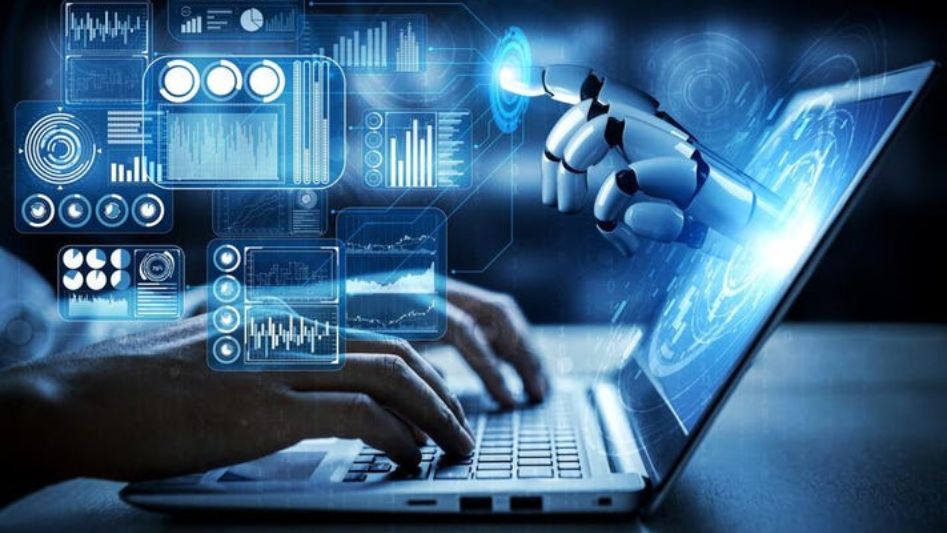Artificial Intelligence (AI) has become an integral part of modern technology, affecting nearly every aspect of our lives. However, with the advancements in AI, there are concerns regarding the ethical implications of these technologies. Ethical considerations are critical as AI is capable of making decisions and taking actions that can affect humans and society as a whole. This blog discusses the ethical implications of AI and explores the potential consequences of AI systems.
Table of Contents:
We invite you to read: “ARTIFICIAL INTELLIGENCE BOT GIRLFRIEND? FROM IMPOSSIBLE TO BEING SERIOUSLY CONSIDERED”

Ethical Concerns Related to AI
There are several ethical concerns associated with AI, which include bias and discrimination in AI, lack of transparency and accountability in AI systems, privacy and data security issues, and the potential for autonomous AI weapons. These ethical issues are significant and require attention to ensure that AI is developed and used ethically.
Bias and Discrimination in AI
One of the most significant ethical concerns related to AI is bias and discrimination. AI systems can be trained on biased data sets and can perpetuate discrimination against certain individuals or groups. This can lead to decisions that are unfair and discriminatory, resulting in negative impacts on individuals and society.
Lack of Transparency and Accountability in AI Systems
Another ethical concern related to AI is the lack of transparency and accountability in AI systems. It can be challenging to determine how AI systems make decisions, and there is often limited visibility into how AI algorithms work. This lack of transparency can lead to a lack of accountability, making it challenging to address issues such as bias or discrimination in AI systems.
We invite you to read: “ETHICS CONCERNS IN ARTIFICIAL INTELLIGENCE ARE NOT SUCH A COOL IDEA”

Privacy and Data Security Issues
AI systems often require access to large amounts of data, which can lead to privacy and data security issues. There are concerns regarding how data is collected, stored, and used, and the potential for this data to be misused or hacked. It is essential to ensure that AI systems are developed with privacy and data security in mind to protect individuals’ rights.
The Potential for Autonomous AI Weapons
The development of autonomous AI weapons is another significant ethical concern related to AI. The use of AI in weapons raises concerns regarding the ability to control these systems and the potential for unintended consequences. There is a risk that autonomous weapons could be used in ways that are unethical or illegal, leading to harm and damage to individuals and society.
We invite you to read: “CHINA TO LEAD THE WORLD IN ARTIFICIAL INTELLIGENCE”

Conclusion
AI has enormous potential to improve society, but it also presents significant ethical concerns. It is essential to ensure that AI systems are developed and used ethically to avoid unintended consequences and negative impacts on individuals and society. The ethical implications of AI must be considered, and measures put in place to ensure that AI is developed in a responsible and ethical manner.
FAQ
How does AI perpetuate bias and discrimination?
AI systems can be trained on biased data sets, leading to decisions that are unfair and discriminatory against certain individuals or groups.
Why is transparency and accountability important in AI systems?
Lack of transparency in AI systems makes it challenging to address issues such as bias or discrimination, while lack of accountability can lead to unintended consequences or misuse of the technology.
What are the privacy and data security concerns associated with AI?
AI systems require access to large amounts of data, raising concerns about how data is collected, stored, and used, and the potential for this data to be misused or hacked.
What are the potential consequences of the development of autonomous AI weapons?
The development of autonomous AI weapons raises concerns about the ability to control these systems and the potential for unintended consequences or misuse, leading to harm and damage to individuals and society.
You May Also Like
- THE IMPACT OF AI ON SOCIETY
- THE FUTURE OF AI: WHAT TO EXPECT
- THE FUTURE OF ARTIFICIAL INTELLIGENCE: THINGS TO EXPECT AFTER 10 YEARS
- HOW WILL ARTIFICIAL INTELLIGENCE CHANGE THE FUTURE OF MARKETING? [5 IMPACTFUL OUTCOMES]
- IMPACT OF ARTIFICIAL INTELLIGENCE ON EDUCATION INDUSTRY | FUTURE OF AI EDUCATION SYSTEMS


Recent Comments